Surrounded by dozens of hostile Indians on horseback waving rifles and tomahawks, the Lone Ranger turns to his faithful companion. “What are we going to do, Tonto?”
“What do you mean ‘we,’ Kemo Sabe?”
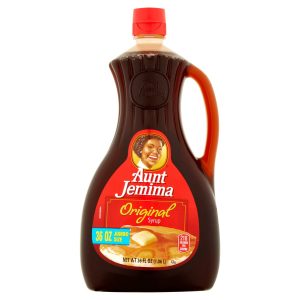
Earlier this year I gave a Strafford webinar presentation entitled “Rebranding Trademarks: Challenges of Walking Away and Choosing a New Mark.” The focus was how the Black Lives Matter movement had forced many companies to finally realize that one their most profitable trademarks was offensive to a certain portion of their customers. The result? Lucrative trademarks–such as the iconic Aunt Jemima and Eskimo Pie–became toxic. Indeed, the Washington Redskins, which had spent millions of dollars in legal fees defending its brand, played the 2020 season as simply the Washington Football Team.
But as I dug into the issues for that presentation, I realized that recognition of the harm caused by culturally offensive trademarks had preceded the Black Lives Matter movement—in some cases by decades. My personal experience was perhaps the best proof. I played on my high school football team. Back then, we were the U City Indians—and none of us back then perceived anything offensive about that name. And keep in mind that more than once, when we got off the bus for our games at rival high schools, we were met with derisive chants of “Jew City, Jew City.” In other words, if anyone should have been aware of an offensive term, it should have been my teammates. More precisely, it should have been me. Nevertheless, by the turn of the century the Indians had become the Lions.
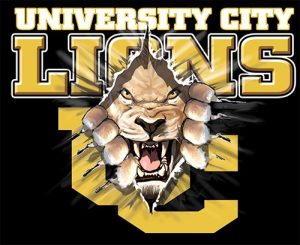
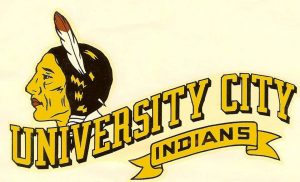
When I attended Amherst College, our sports teams were the Lord Jeffs, named for Lord Jeffrey Amherst, who gained distinction during the French-Indian Wars of the 1700s by selling smallpox-infected blankets to the Indians. The chinaware in the school dining hall best captures the oblivious bias of that era, with dishes depicting our esteemed Lord Jeff on horseback chasing Indians around the outside of the plate. (You can’t make this stuff up.) Were any of us outraged? Nope. We were suffering from oblivious bias.
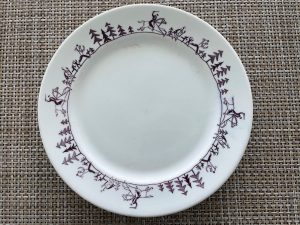
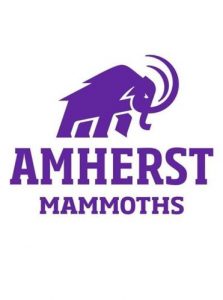
Early in the 21st Century the Amherst sports teams became the Mammoths—perhaps an overly aspirational mascot for a Division 3 school of 2,000 students, but certainly an improvement over the Indian infector of yore.
But two recent incidents remind me—and perhaps you—that we shouldn’t be too quick to congratulate ourselves for the cancellation of that handful of culturally offensive trademarks.
The first example was triggered when I overheard a screed about how “offensive” and “unAmerican” it was that the introductory recording for all of those call centers—government entities and otherwise—begins by giving you the option of proceeding in English (by pressing 1) or Spanish (by pressing 2).
“This is America,” he shouted. “The Pilgrims spoke English, not Spanish!”
I shook my head in sad amazement at his ignorance. The rich history of our Spanish heritage is on full display throughout our western states, including, of course, the names of four of them–Colorado, Arizona, California, and New Mexico–and all of the major cities in California, including San Diego, Los Angeles, San Francisco, and Santa Barbara. And then there is Florida, named by Spanish explorer Juan Ponce de Leon in 1513 in tribute to Spain’s Easter celebration known as “Pascua Florida,” or Feast of Flowers. Don’t forget Texas, where one can take a boat ride on the Rio Grande (in English, Big River) right through the town of El Paso (in English, The Passage). Yes, our founding fathers (and mothers) included plenty of Spaniards. And plenty of French, the obvious evidence of which remains in the names of all of those cities within the territory acquired from France in the Louisiana Purchase, including St. Louis, Baton Rouge, and New Orleans–all three of which still celebrate the holiday of Mardi Gras (translation: Fat Tuesday).
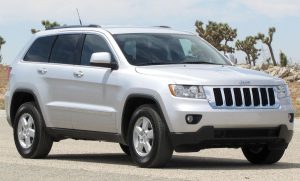
And as for the Indians, my elementary school lessons pretty much ended with that largely fictitious first Thanksgiving feast in 1621. Still, I had thought that after 2020—and the final demise of the Redskins brand—we had ended the culturally offensive use of Native American names. But just this past month I learned that the Chief of the Cherokee Nation has asked Jeep to stop using the name of his Native American tribe as the brand of one of its vehicles. As reported in the New York Times, the Chief explained that the name belonged to the Cherokee people, and that Jeep’s appropriation of it without permission was troubling: “The use of Cherokee names and imagery for peddling products doesn’t deepen the country’s understanding of what it means to be Cherokee,” he explained, “and I think it diminishes it somewhat.”
The point here is NOT to criticize Jeep, and certainly not to criticize you. No, the point here is to ask you (as I have asked myself) the following question: before you read this (or saw that news report) had you ever connected the Jeep brand with that Native American tribe? When you saw a TV commercial for the Jeep Cherokee or found yourself idling next to one at a red light, did you make that connection? I confess that I never did. Ever.
And regardless of whether you find that Jeep brand offensive, what does that failure to make that connection say about us? Why are we still so oblivious?
If you’d like to discuss this further, perhaps you could join me during my ski vacation at the Squaw Valley Resort. I’ll be driving out there in my Pontiac, and on the way we can turn the radio to the Blackhawks hockey game.
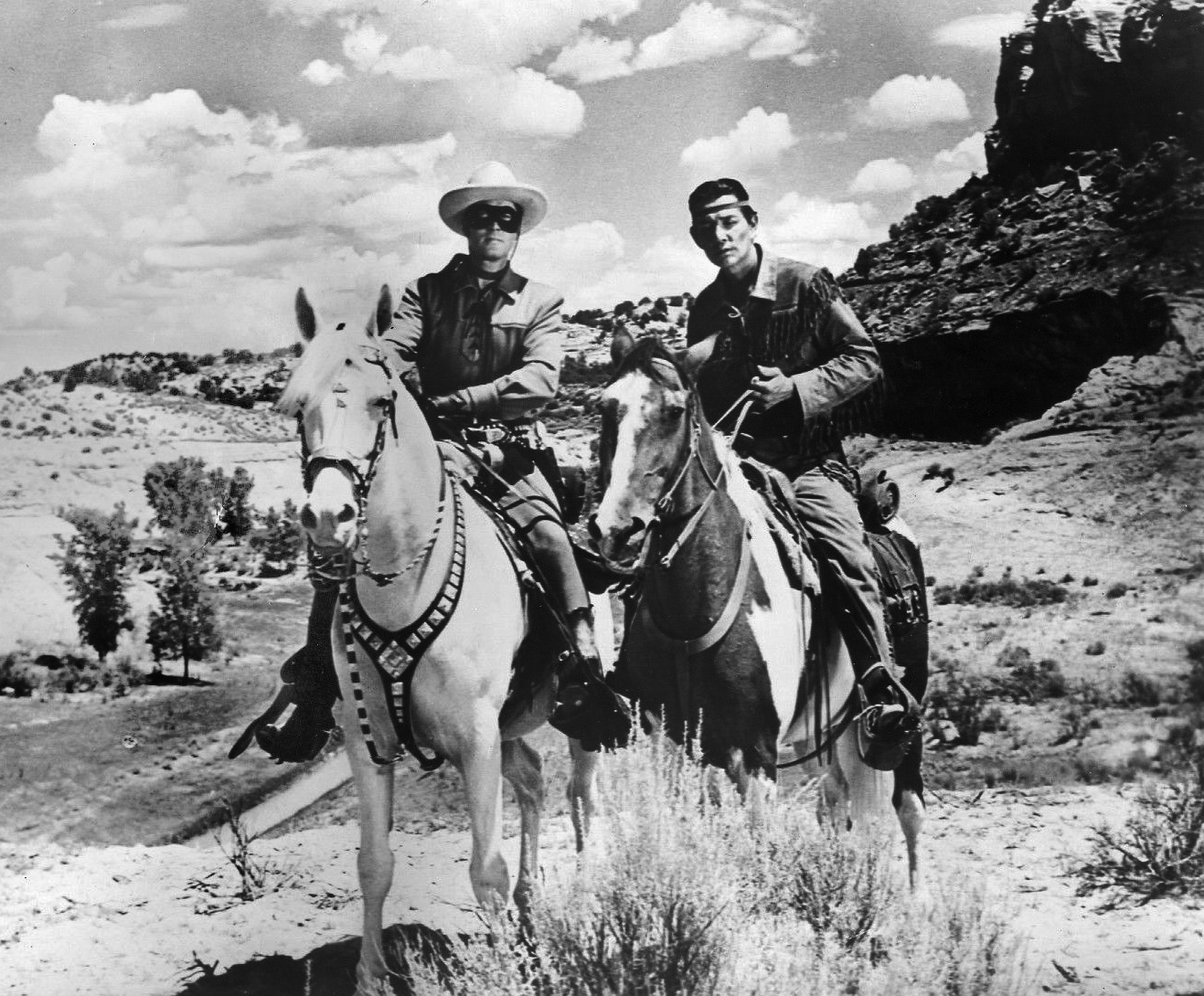
Thanks for the your always thoughtful insights and examples we should all recognize but often don’t.
As another UC alumni I have to admit that it was many years after I graduated high school before I began to understand how offensive some names can be. Very good and thoughtful article.
This is one of the most level-headed articles I’ve read on the problem of branding and changing understandings of cultural appropriation. I admit, I have never associated the Cherokee nation with the Jeep. But then I am not Native American. I know that is what makes me oblivious to the associations. The same goes for those triggering brands and images for black lives. The most important thing you said, is something I think needs to be repeated. That is:
“The point here is NOT to criticize Jeep, and certainly not to criticize you…And regardless of whether you find that Jeep brand offensive, what does that failure to make that connection say about us? Why are we still so oblivious?”
I think the natural reaction for people who are oblivious is to say it’s no big deal. Or some feel the need to fight the change because they don’t want to be, and shouldn’t feel, guilty for the past. Not criticizing the failure to notice is important. But equally important for me is the follow-on ideal. Now that I know, I have no excuse for oblivion and I have the obligation to champion those changes. I would not stand for cultural appropriation of my history or people, therefore I should not stand for it when it involves other cultures as well.
As Joe South and The Believers sang in the 1969 and the 1970’s (later covered by Elvis Presley and many others): “Yeah, before you abuse, criticize and accuse, walk a mile in my shoes.”- from song Walk a Mile in My Shoes, copyright 1969 Joe South, Tommy South, Barbara South.